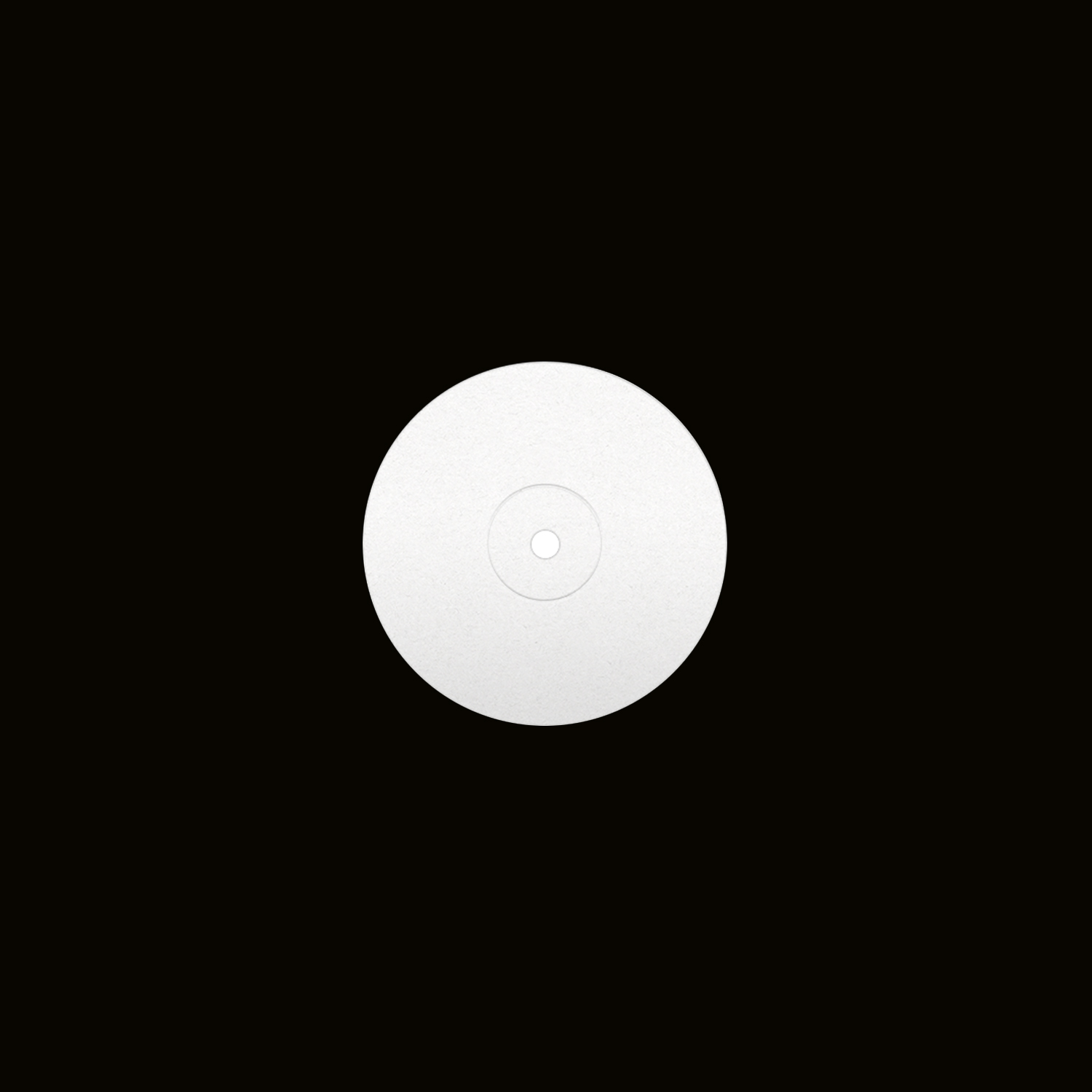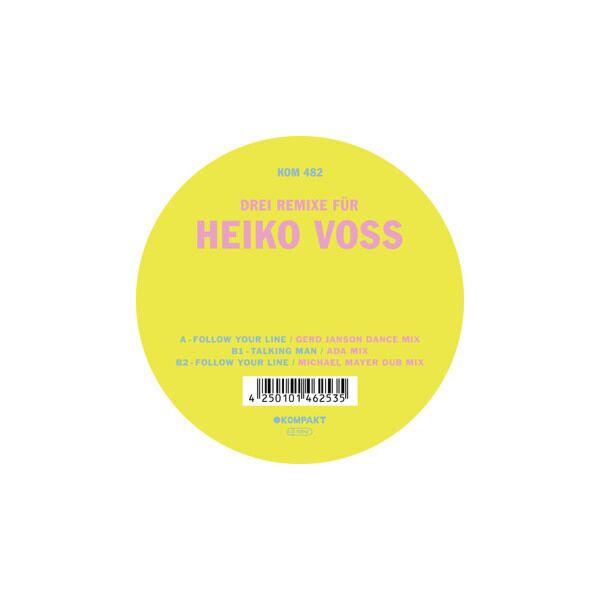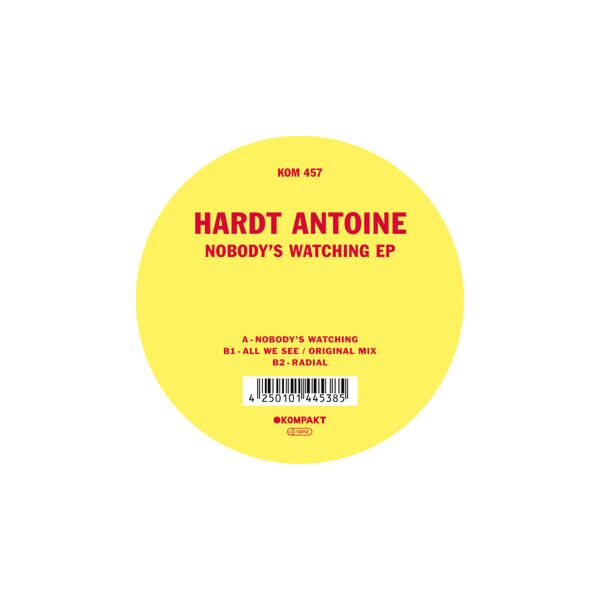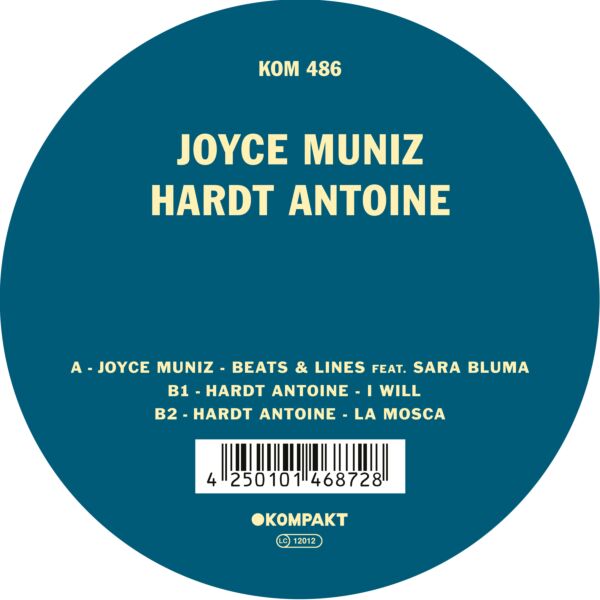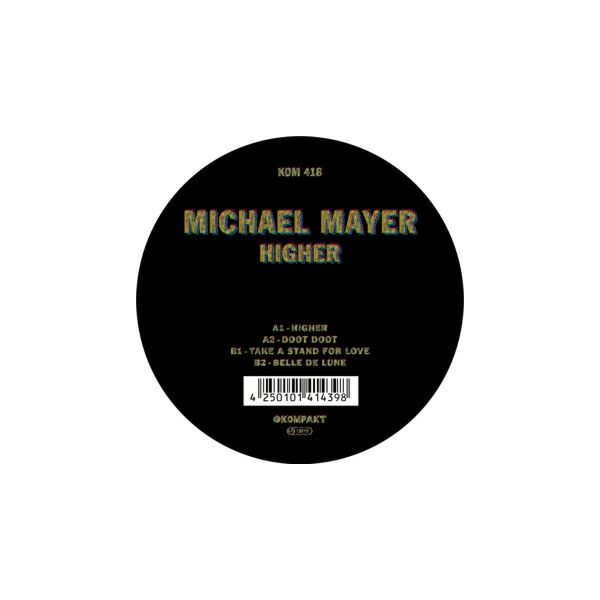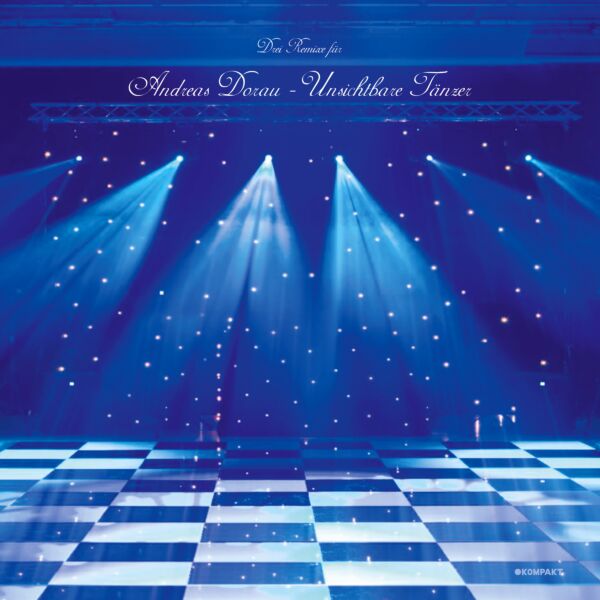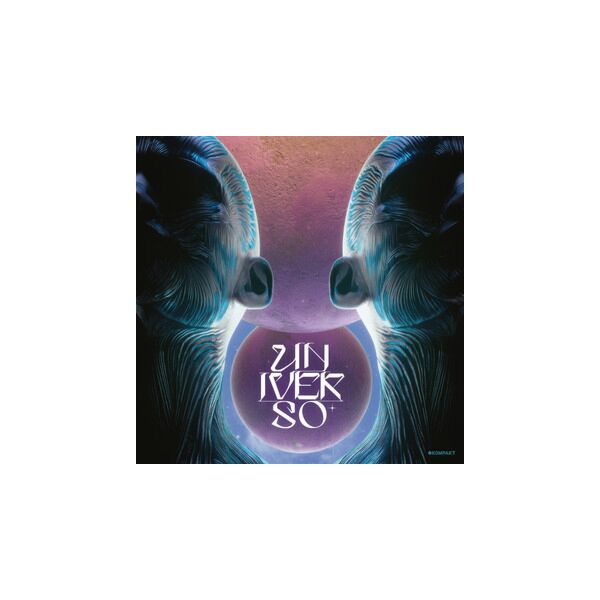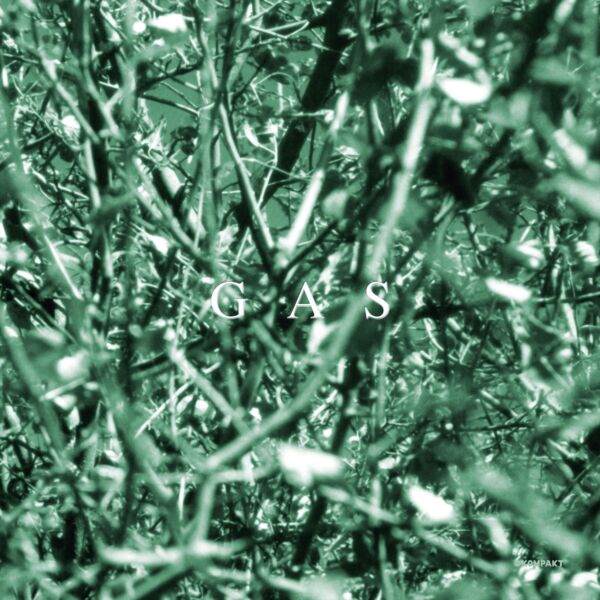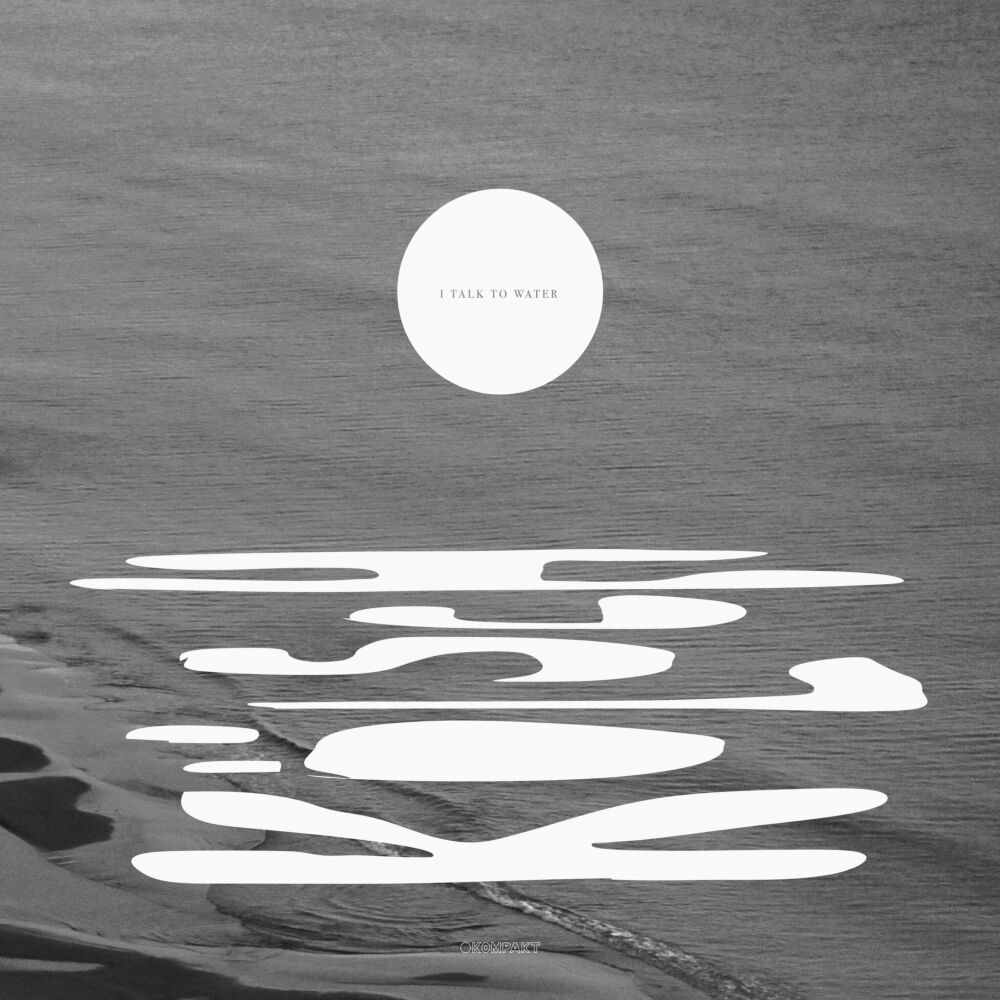
I TALK TO WATER
I Talk To Water, the fifth album for Kompakt by Danish producer K”lsch, is the artistÉs most personal statement yet.
| Genre | Techno |
|---|---|
| Format | VINYL |
| Cat. no | KOMPAKT477 |
| Label | KOMPAKT |
| Artist | KOLSCH |
| Release Date | 27/10/2023 |
| Carrier | 2LP |
| Barcode | 4250101459757 |
Out of stock
TRACKLIST 1. I Talk To Water (with Perry Farrell) 2. Dreams 3. Grape (with Patrick Reilly) 4. Pet Sound 5. Khenpo 6. Thoughts 7. Only Get Better 8. Implant 9. Hands Of Time 10. Tell Me (with Patrick Reilly) 11. An Amazing 12. It Ends Where It Began (with Patrick Reilly) INFO I Talk To Water, the fifth album for Kompakt by Danish producer Kölsch, is the artist™s most personal statement yet. While all the trademarks that make his music so popular and powerful are still present lush, melodic techno; swooping, trance-like figures; sensuous, shivery texturology I Talk To Water is also a deep and intimate rapprochement with family and history, a beautiful, finely detailed document of loss and memory, and a tracing of the long, unbroken thread of grief that runs through our lives once we™ve lost those we loved. The emotional core of I Talk To Water, then, is a cache of recordings by Kölsch™s father, Patrick Reilly, who passed away in 2003 from brain cancer. With time rendered elastic by the pandemic and its associated lockdowns, its sudden, alienating shifts in everyday living, Kölsch found himself reflecting on his father™s passing and ongoing spiritual presence, thinking about how best to memorialise such a significant figure in his own life. Those recordings opened a gateway, of sorts, for Kölsch to move through a way to bring past and present together and entwine them in a sensitive, poetic manner. Kölsch™s father was a musician štouring in the sixties and seventies, in the Middle East especially, he was doing the whole hippy trail, playing guitar, and wrote some songs over the years,› he recalls. šBut all in all, he decided to focus on family rather than pursue a [musical] career.› Reilly kept playing and writing music over the years, though Kölsch hadn™t listened to the material for some time: šI™d never had the guts to listen to it, because I just felt too fragile listening to his voice. It™s such a tough thing to go through.› During the pandemic, though, Kölsch listened through the fragmented body of work that his father had produced over the years. šI decided I™m gonna finally release my dad™s music twenty years after his passing,› he reflects. šThis whole album is about the process of loss, and for me it™s been one of my main driving forces in my musical life, the whole emotional aspect of whatever I™ve done has been based in that feeling that he™s not there anymore.› Recordings of Reilly appear on three songs across I Talk To Water. His guitars drift pensively across šGrape›, offering a lush thread of melody that Kölsch wraps with clicking, driftwood rhythms and droning, melancholy bass. šTell Me› is a lovely three-minute art song, a sadly beautiful reflection, minimally adorned with gentle keys and a muted pulse. And on the closing šIt Ends Where It Began›, Kölsch lets his father™s acoustic guitar take centre stage for a lament that™s unexpectedly folksy, a guitar soli dream, which Reilly originally recorded in 1996. šHe actually recorded it for my first album that never came out,› Kölsch reveals, šand I had it sitting around forever. That is purely him.› These three imagined collaborations between father and son are poised and delicate. But their relationship also marks the gorgeous music Kölsch has made across the rest of I Talk To Water, from the itchy yet lush šPet Sound› (titled in tribute to one of Reilly™s favourite albums), the flickering synths and yearning vocal samples that slide through šKhenpo›, the ecstatic shuddering that marks šOnly Get Better›, or šImplant›™s slow-motion pans and subtle reveals. There™s also the title song, where Kölsch is joined by guest Perry Farrell (Jane™s Addiction, Porno For Pyros), singing a mantra for internal reflection: šI talk to water / Searching for myself / Looking for answers / Oceans of you.› Farrell™s appearance brings another timbre, another spirit to the album, aligning neatly with his recent interest in electronic music. šHe was completely taken by this idea of talking to water,› Kölsch says, thinking about the ways we collectively lean towards the natural world as a comfort and a listener, a guide through mourning, a way to map out the terrain of the heart. This mapping is something that Kölsch has proven remarkably adept at through the years; dance music for both body and mind, but also both for the here-and-now, and for the hereafter.

